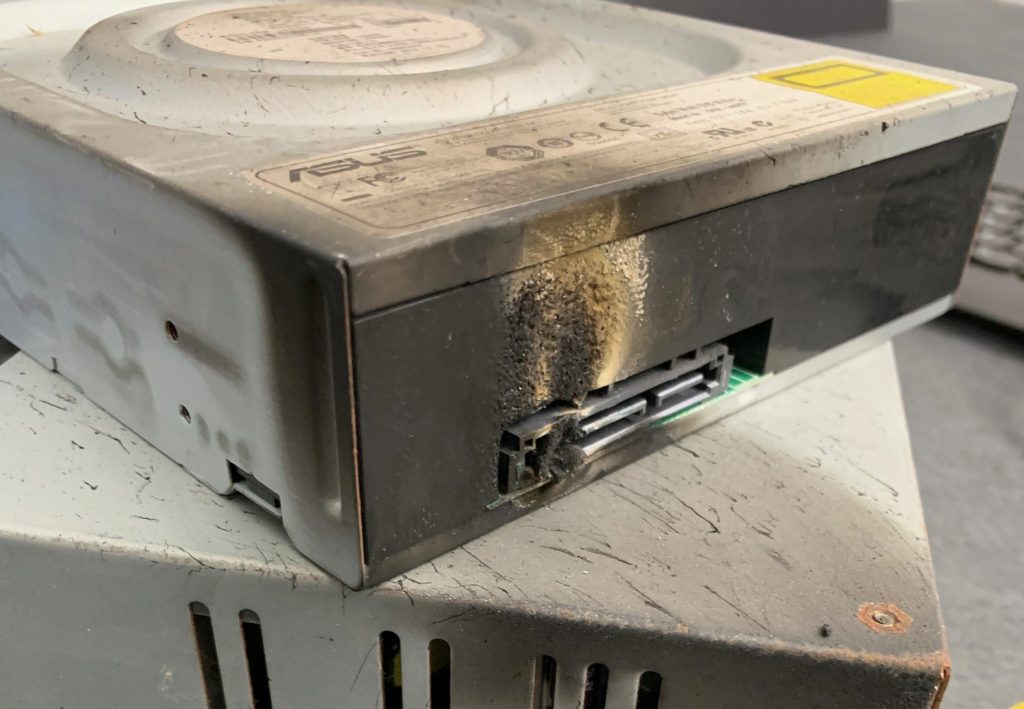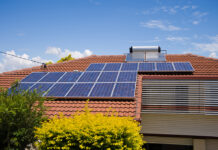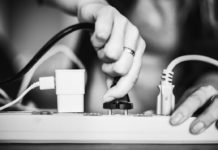
Geoff Augutis from Queensland Computers in Bundaberg writes about how to protect your electrical goods from being fried in a storm surge.
With the warmer months fast approaching the region is hoping that some much-needed rain is on the horizon, however the rain is often accompanied by thunderstorms.

In the world of electrical devices this presents a very real risk of damaged equipment.
The essential challenge here is that the lightning experienced in thunderstorms tends to want to touch down to earth.
The worst of the damage occurs when a house experiences a direct hit or sometimes even a few doors down.
This can load up a massive surge of power through your electrical (or phone) wiring and destroy devices.
While computers tend to be the most sensitive, fridges, freezers and TVs are often damaged.
The other common situation is when a lightning strike damages a source of power supply to your home.
When this causes complete power loss (blackout), devices that don’t have battery backup shut down immediately. This doesn’t tend to destroy them but can cause problems.
When the power doesn’t go off but is destabilised, we call this a brownout.
This is when the voltage drops starving devices of their much-needed power supply.
Brownouts tend to be far more likely to destroy electrical equipment.
It is also common to see brownouts as power is being restored from a blackout.
What should you do in a thunderstorm?
The simple solution to protecting your electrical equipment is to unplug during (preferably before) a storm.
Surge protectors and other devices do work, but they aren’t foolproof.
Additionally, turning the power off at the wall often won’t protect the equipment so unplugging the cable completely is always the best option.
Whilst devices with battery backup (notebooks, phones, tablets) tend to be less susceptible, they are still at risk.
It is also worth noting that if you do have a blackout, it may not be too late to unplug your equipment.
Unplugging at this time might prevent the damage experienced in the Brownout.
This summer, save yourself money and hassle. Unplug your goods before a storm and don’t get caught replacing expensive equipment or paying insurance excesses.









